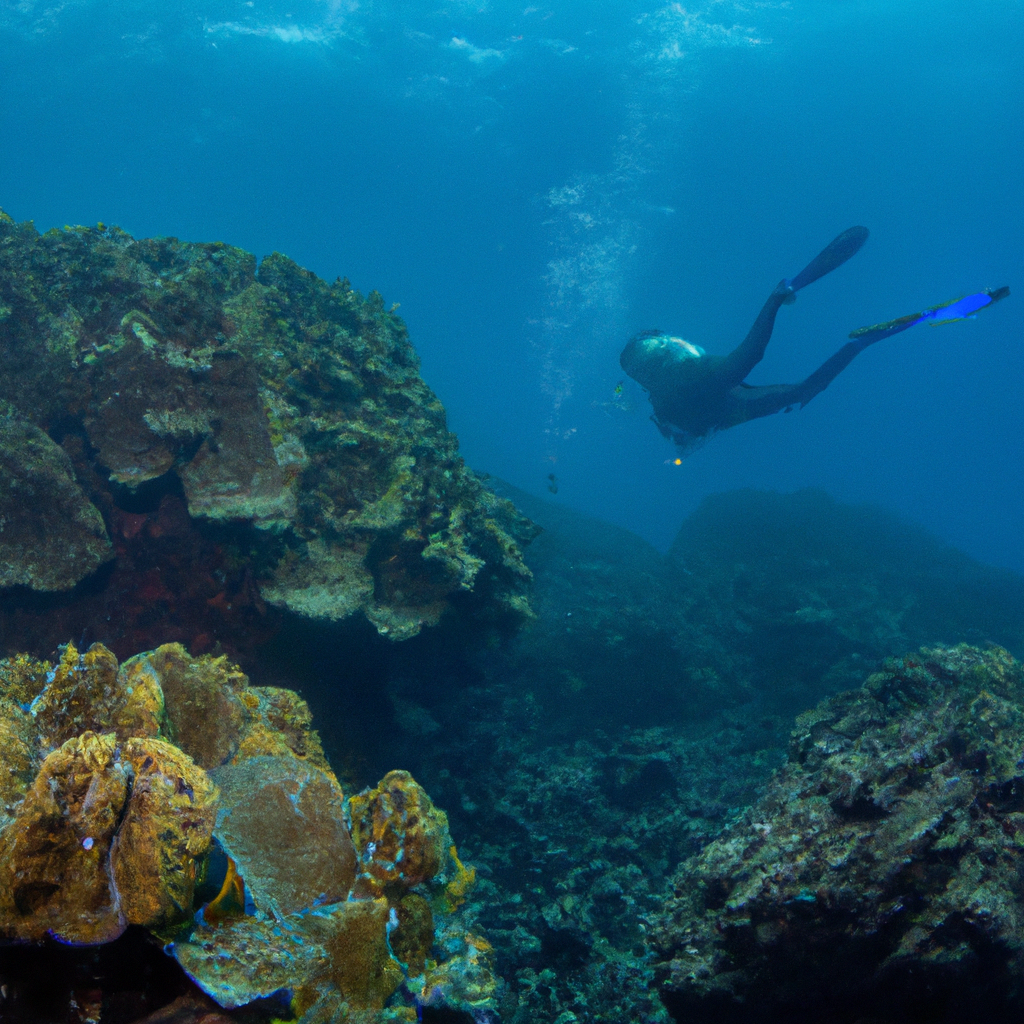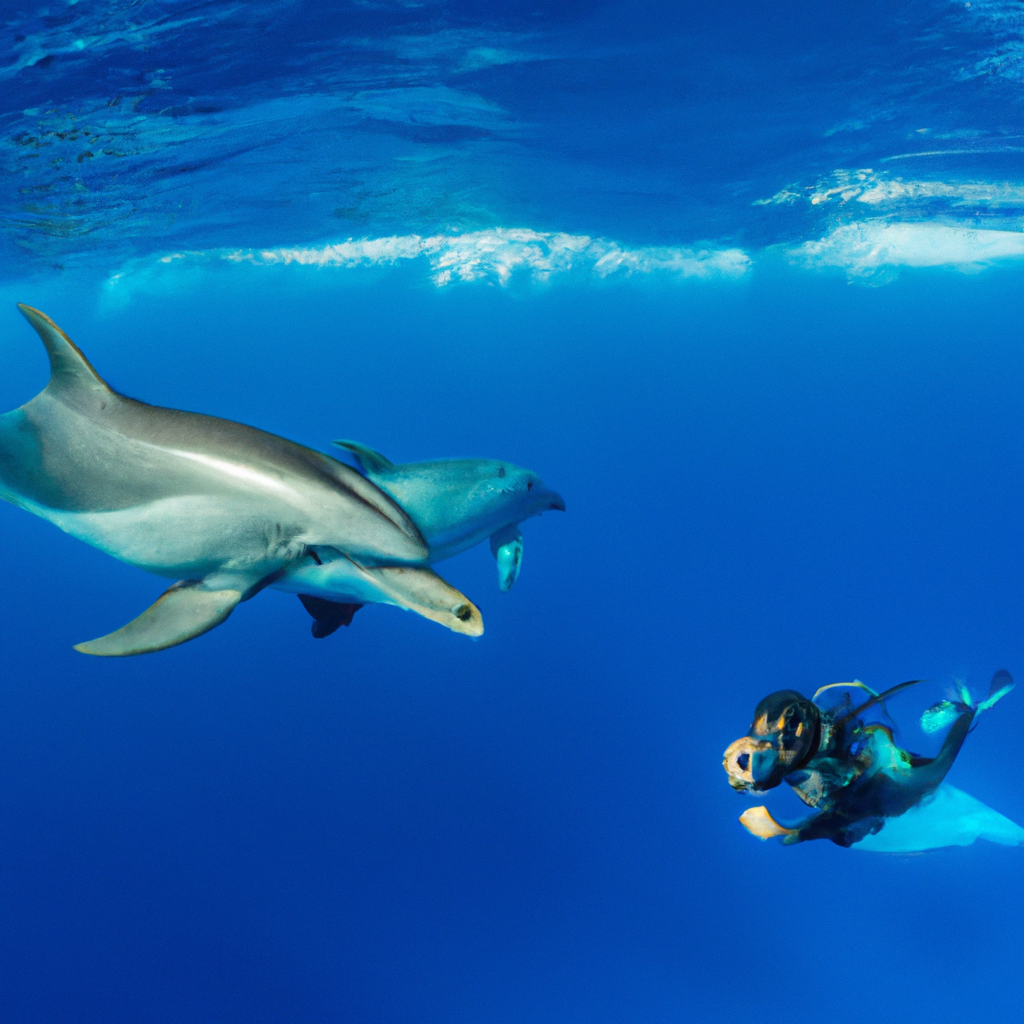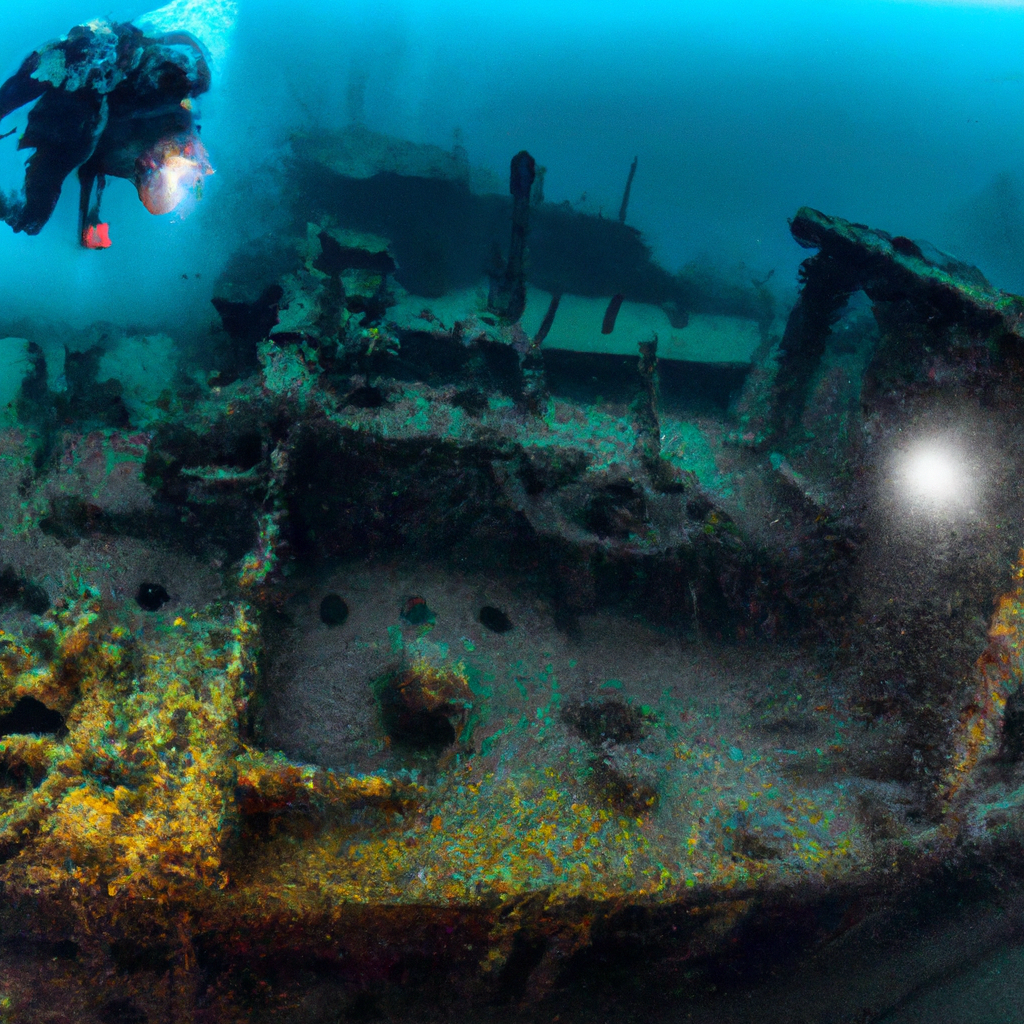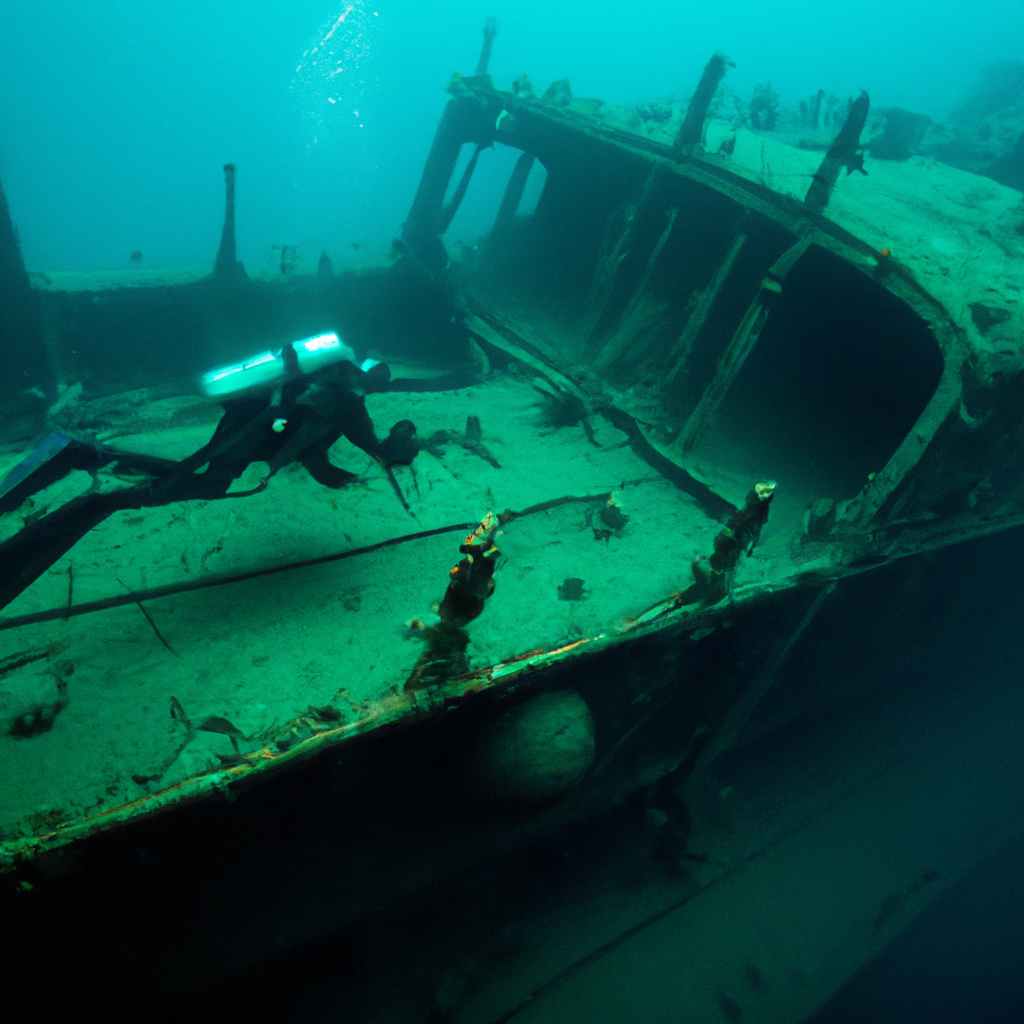Marine scientists have made an exciting discovery in the famed Galápagos Islands, having spotted a species of stony coral that was believed to have gone extinct. This sighting marks the first time in 24 years that this coral species has been seen alive and well.
The Galápagos Islands are known for their rich biodiversity and unique species, both above and below the water's surface. This recent rediscovery reinforces the importance of continuous exploration and monitoring of marine ecosystems, especially in regions with such high ecological significance.
The miraculous find is a testament to the resilience of nature and provides a glimmer of hope amidst the ongoing environmental challenges. It underscores the importance of conservation efforts and the need to protect these delicate ecosystems from the adverse effects of human activities.
Scientists are optimistic that more "extinct" species could still be surviving in remote or under-explored areas of the ocean. These discoveries could contribute to our understanding of marine life and help develop more effective conservation strategies.
While this news is a cause for celebration, it also serves as a reminder of the urgent need for marine conservation. Coral reefs worldwide are under severe threat due to climate change, ocean acidification, pollution, and destructive fishing practices. These factors can lead to coral bleaching events, which can devastate entire reefs and the myriad species that depend on them.
The return of a species once thought to be lost forever is an encouraging sign that nature can bounce back if given a chance. It's a call to action for everyone to do their part in protecting marine life and ensuring the survival of our planet's awe-inspiring biodiversity.





Comments
No comments yet. Be the first to comment!